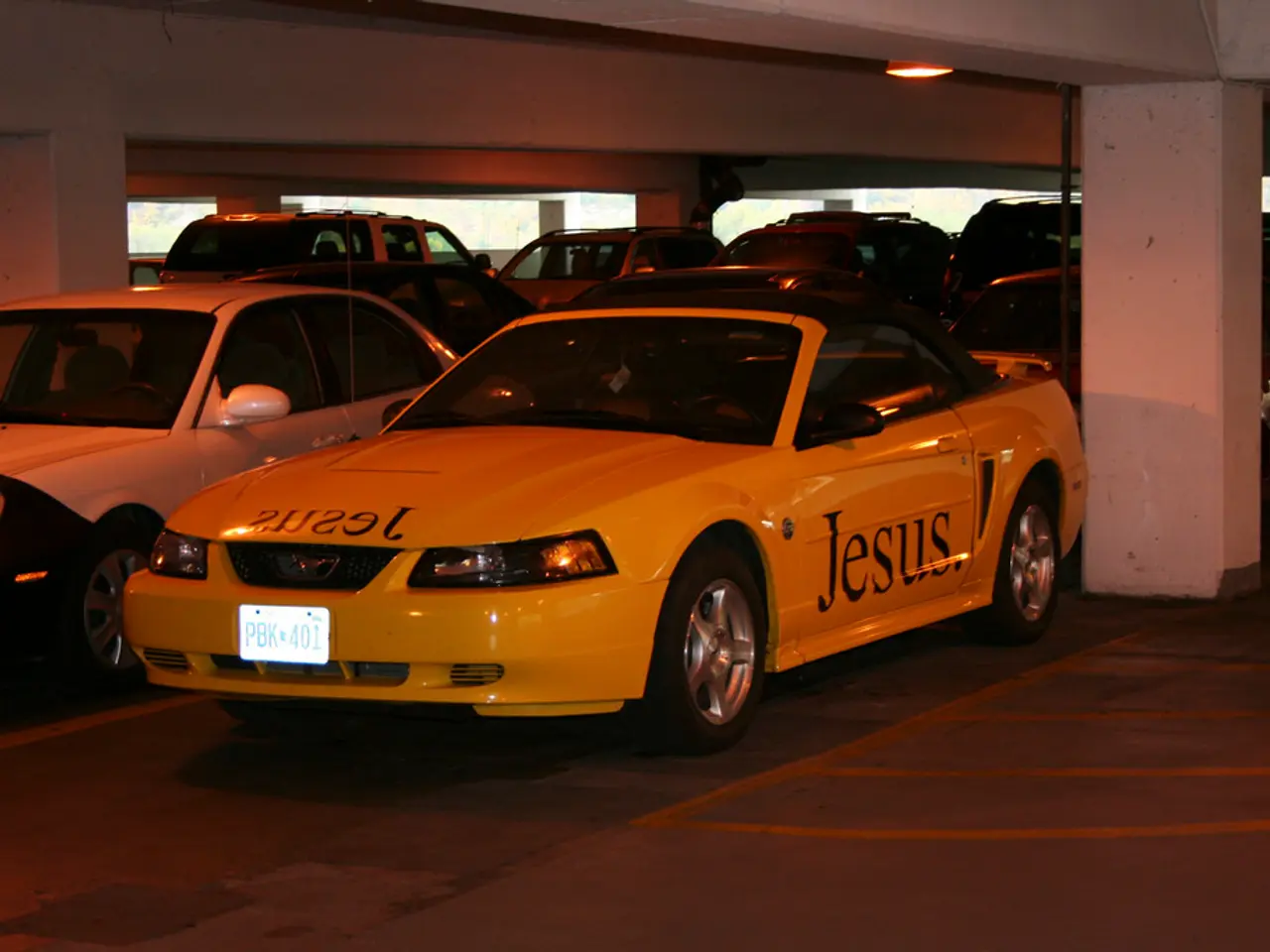Carbon monoxide exposure causes hospitalization of five individuals in a Washington D.C. parking structure
In a recent incident, a parking garage in Northwest D.C. was the scene of a carbon monoxide (CO) emergency. The source of the high CO levels was traced back to power washers that were being used in an unventilated area[1][2].
The D.C. Fire and EMS Department responded promptly, treating five patients and transporting two of them to nearby hospitals[1]. The garage was ventilated, and CO levels returned to safe conditions.
The incident was a result of several factors. Power washers, which likely have gasoline or diesel engines, were the cause of the CO emission. Poor or no ventilation in the enclosed parking garage space led to the CO gas accumulating to hazardous levels[1]. Operating combustion engine-driven equipment indoors without adequate exhaust control or airflow only exacerbated the situation.
The incident has underscored the importance of safety measures when using power washers in unventilated areas. It is crucial to ensure proper ventilation, avoid using gasoline or diesel-powered equipment inside, and consider electric-powered alternatives when possible[3]. Installing carbon monoxide detectors in parking garages and similar spaces, as part of regular safety protocols, is also advisable.
Operators should be trained on the risks of CO and safe operational practices, including monitoring air quality. Emergency response plans for CO detection, including quick evacuation and ventilation procedures, should also be implemented.
The key lesson from this Northwest D.C. event is that combustion engine equipment must not be used in enclosed or poorly ventilated areas without effective ventilation or monitoring, due to the deadly carbon monoxide risks[1].
Note: [1] Source: Washington Post [2] Source: NBC Washington [3] Source: U.S. Environmental Protection Agency (EPA)
Read also:
- Chest Pain Caused by Compressed Nerves: A Possibility Explored
- Weight and Plumpness: Exploring Health Consequences and Understandings
- Alterations in diet, tactics, and additional methods for lessening inflammation in the gut
- Investigators Explore if Psychological Treatments Reduce Symptoms of Psoriasis






